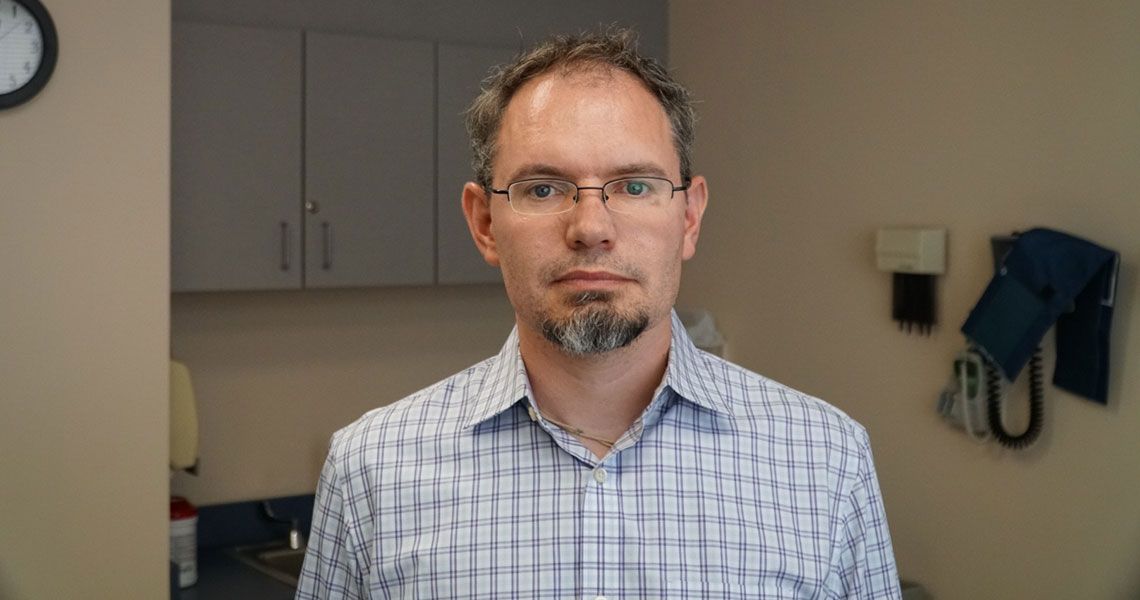In recent months, the policies and enforcement procedures at the border separating the United States and Mexico have sparked intense conversation. Part of that conversation centers on the long-term mental health implications that forced family separation has on children.
In response to the changing policies impacting immigrant families and their children trying to enter the U.S., Brandon Kohrt, MD, PhD, RESD ’13, Charles and Sonia Akman Professor of Global Psychiatry at the George Washington University (GW) School of Medicine and Health Sciences, co-authored a commentary offering recommendations to guide mental health professionals working with families who are or could be separated.
In May 2018, the American Psychiatric Association released a statement, saying that “any forced separation is highly stressful for children and can cause lifelong trauma, as well as an increased risk of other mental illnesses. … The evidence is clear that this level of trauma also results in serious medical and health consequences for these children and their caregivers.”
“The mental health community can play an important role in addressing the psychological and psychiatric needs of children and families undergoing forced separation within the United States,” said Kohrt. “A recent study by other researchers here at GW has shown that families experiencing psychological distress are less likely to reach out for help and services. Clinicians, therefore, need to create a safe space for mixed-immigration status to discuss what they are going through.”
Addressing the psychological needs of families experiencing or at risk of forced separation, the authors wrote, is critical to containing the trauma and the associated consequences caused by these policies.
Kohrt and his colleagues at University of California, Davis; Harvard Medical School; Columbia University; the American Psychiatric Association; and McGill University crafted a four-point recommendation for treating at-risk families. Mental health providers caring for separated families should: understand the origins and nature of distress within the context of family separation, understand the family structure and impact of separation, work to develop communication strategies to strengthen family interaction, and help families prepare for decisions regarding separation.
“Caring for Families Separated by Changing Immigration Policies and Enforcement: A Cultural Psychiatry Perspective” is published in Psychiatry Services.



